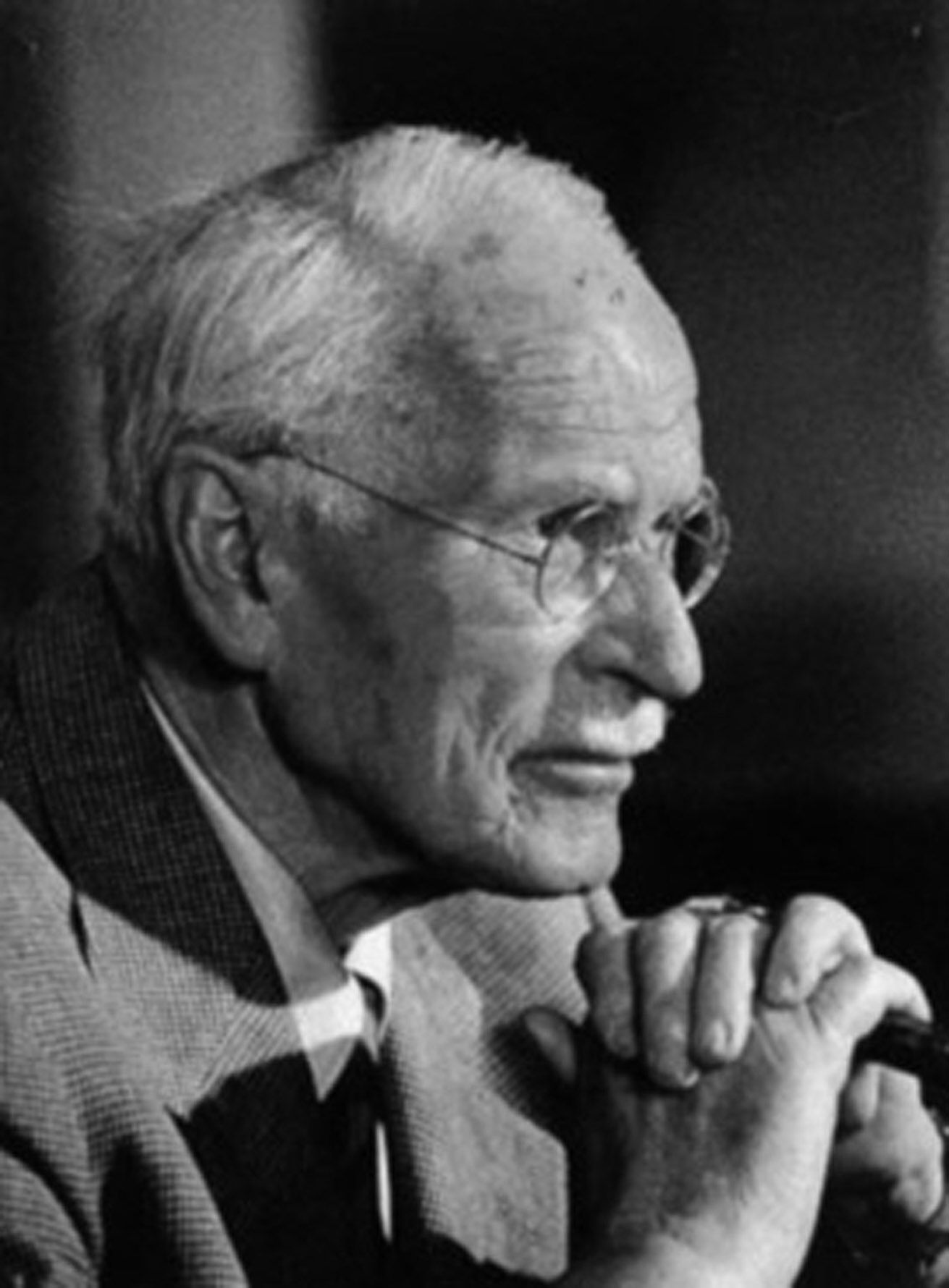
About Carl Gustav Jung Dialectic Spiritualism
Professor Jung is interviewed at his home in Switzerland by John Freeman.Theme music: excerpt from Les Francs-Juges by Berlioz, 1825.A deeper American interv.
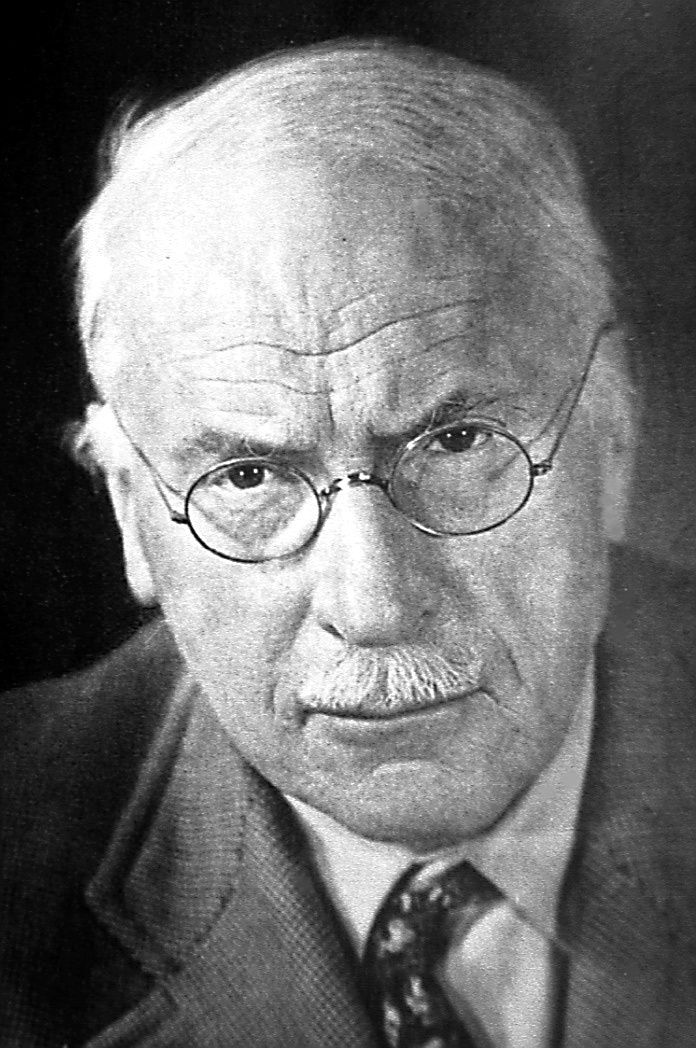
A Dangerous Method PsychiatryTalk
Category: Science & Tech In full: Carl Gustav Jung Born: July 26, 1875, Kesswil, Switzerland Died: June 6, 1961, Küsnacht (aged 85) Subjects Of Study: collective unconscious free association individuation On the Web: University of Texas - Carl Jung and the Collective Unconscious (Dec. 14, 2023) See all related content →
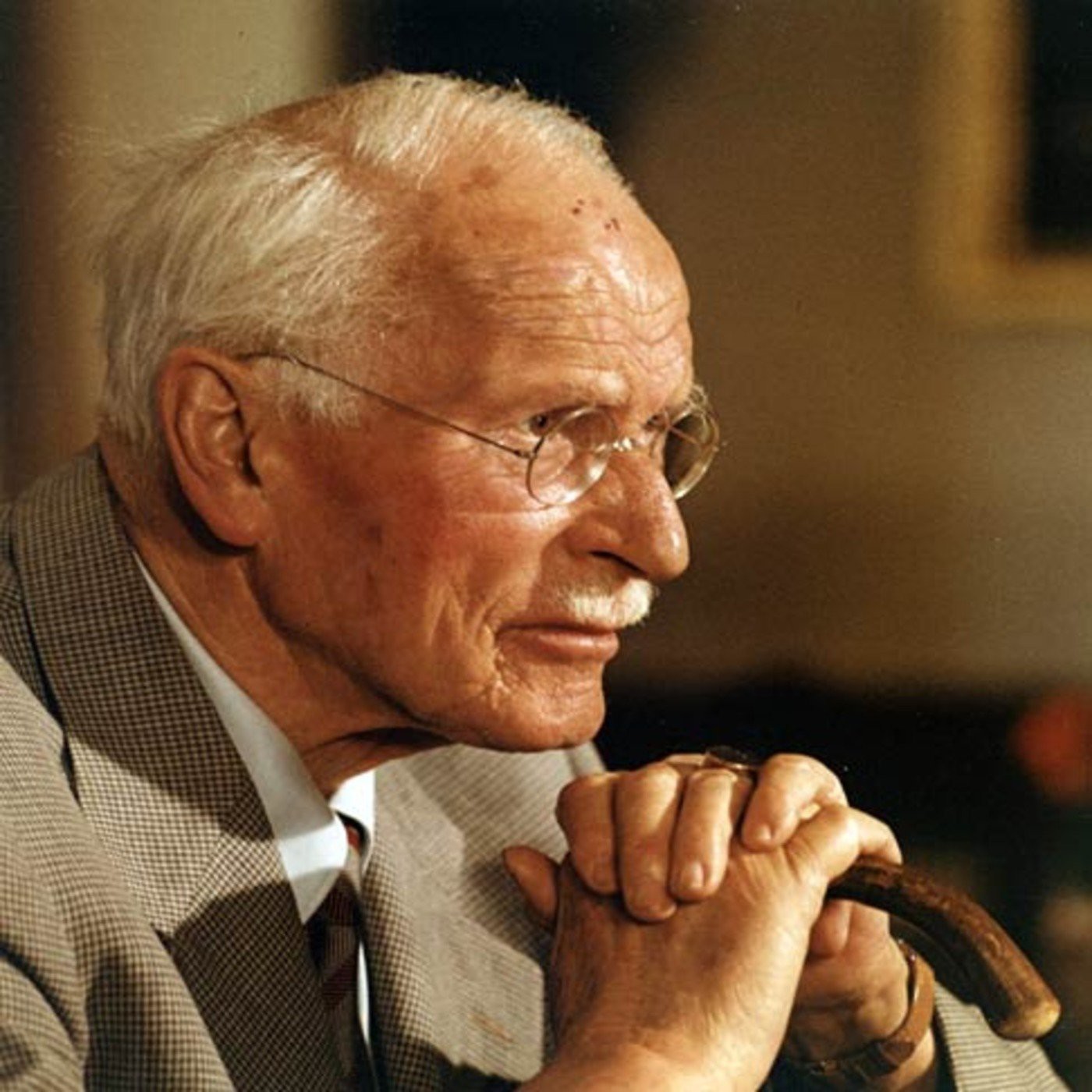
Escucha Carl Gustav Jung iVoox
The best books by Carl Jung. Jung's work is extensive and draws a lot of material from his own autobiography, including books of essays and personal reflections. We can even find the 1906-1913 correspondence between Jung and Freud. These letters delve deeper into the development of the psychoanalytical movement and the relationship between these two figures.
:max_bytes(150000):strip_icc()/psychiatrist-carl-gustav-jung-515387410-5ae8ca67a9d4f90037a2524a.jpg)
Biography of Carl Jung Founder of Analytical Psychology
In 1903 Carl G. Jung married Emma Rauschenbach (1882-1955), a member of an old Swiss-German family of wealthy industrialists. Her inheritance gave Jung the financial freedom to pursue his own work and interests. In 1909 the Jung family, which eventually included five children, moved to a house they built at Küsnacht, near Zurich.
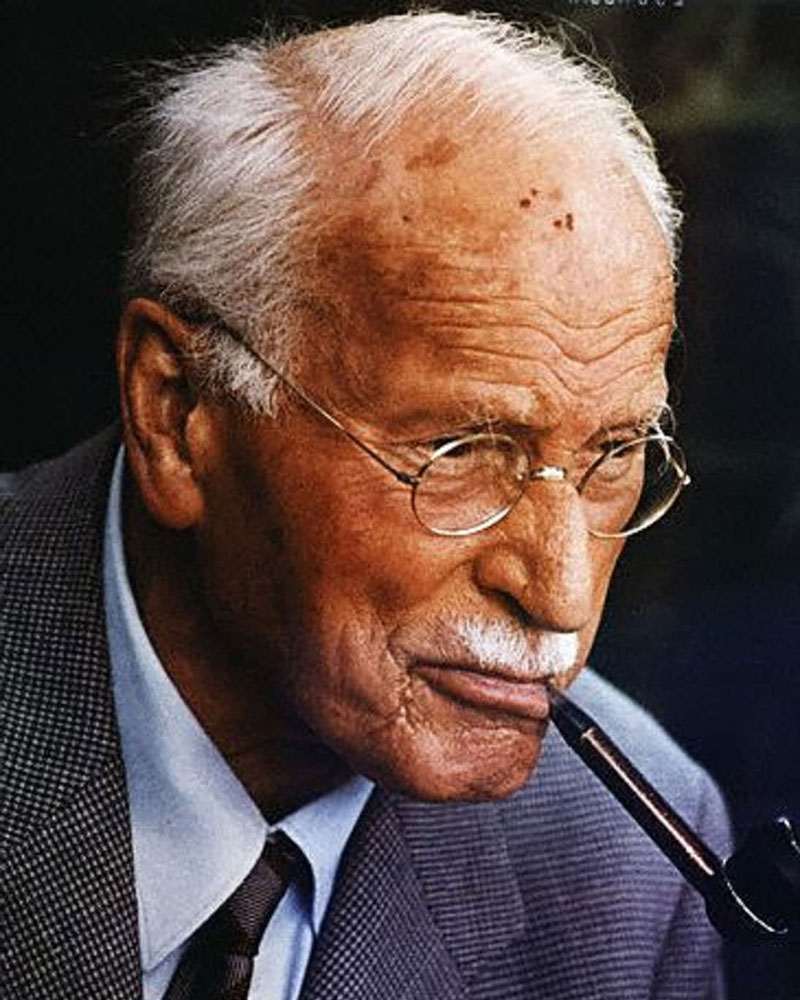
Carl Gustav Jung
The personal unconscious, a concept developed by Carl Jung, refers to all the information and experiences of an individual's lifetime that have been forgotten or repressed but continue to influence their behavior and attitudes on an unconscious level.

Carl Gustav Jung IMDb
Carl Gustav Jung (IPA: [ˈkarl ˈgʊstaf ˈjʊŋ]) (26 July 1875 - 6 June 1961) was a Swiss psychiatrist and founder of analytical psychology. Contents. 1 Quotes.. When Carl Jung classified the "rational" functions of the mind he divided them into thinking and feeling. We often consider feeling to be loose and nebulous, but for Jung it was.

Carl Gustav Jung zakladatel analytické psychologie. Co přinesl lidem? Socion typologie
Who is Carl Jung? Carl Gustav Jung (1875-1961) was one of the pioneers of modern depth psychology and psychoanalysis. Born near Basle, and working mostly in Zurich, Switzerland, he first became a physician and then entered the emerging field of psychoanalytic psychiatry.
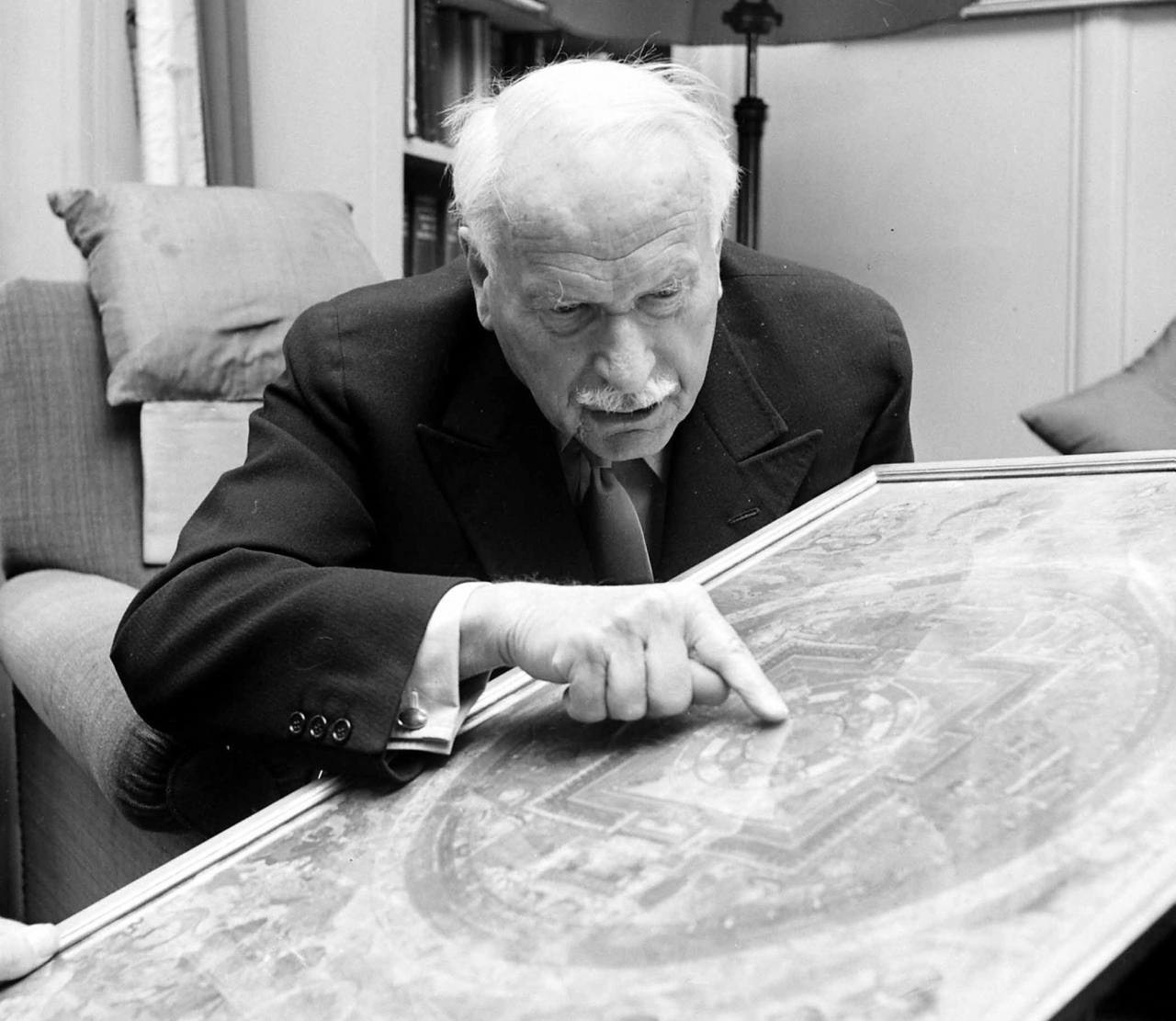
Carl Gustav Jung Wallpapers High Quality Download Free
Carl Gustav Jung ( / jʊŋ / YUUNG; [1] [2] German: [kaʁl ˈjʊŋ]; 26 July 1875 - 6 June 1961) was a Swiss psychiatrist and psychoanalyst who founded analytical psychology. He was a prolific author, illustrator and correspondent.
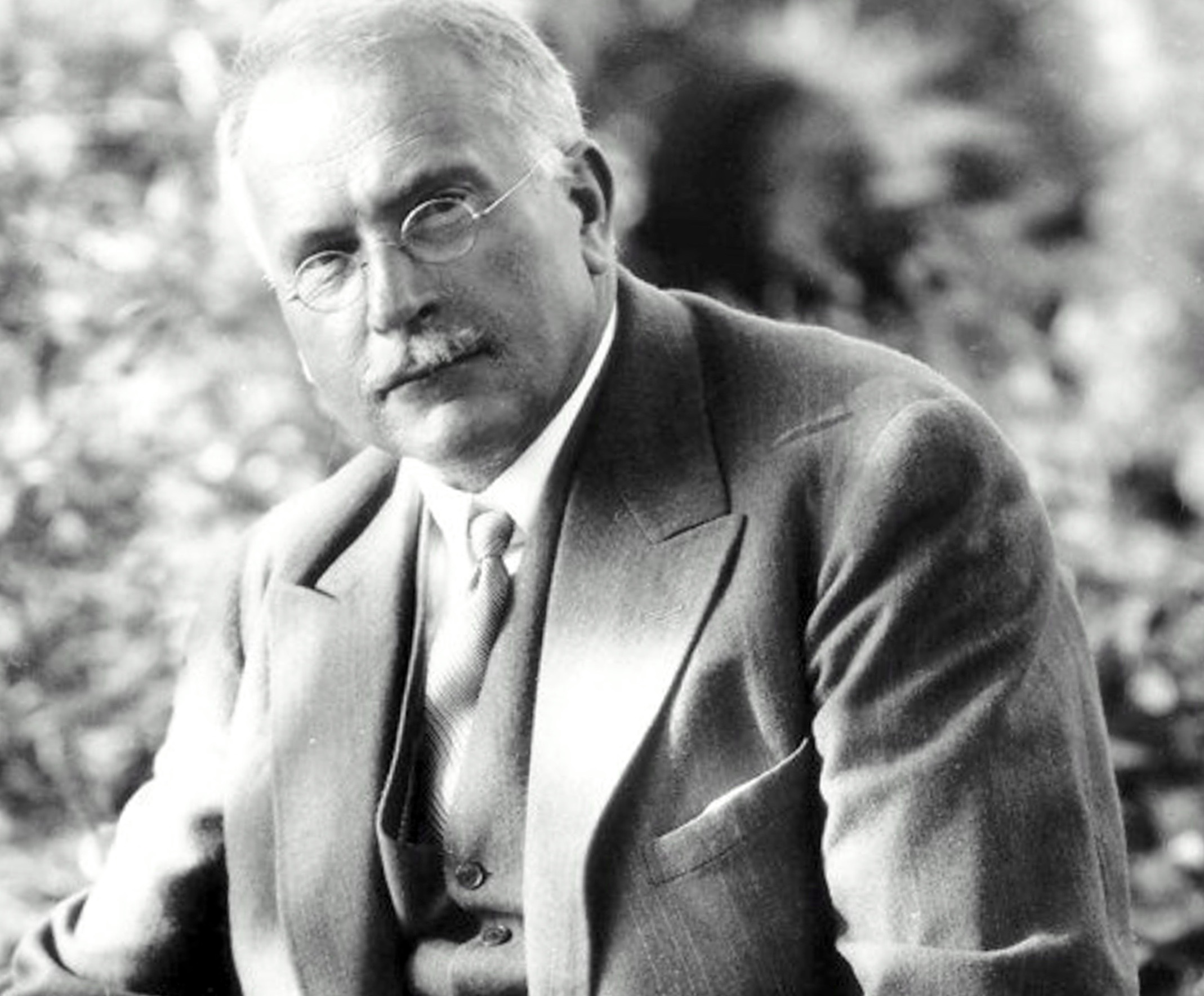
Jung, Carl Gustav Hermetik International
Swiss psychiatrist Carl Jung's theory suggested that these archetypes were archaic forms of innate human knowledge passed down from our ancestors. In Jungian psychology, these archetypes represent universal patterns and images that are part of the collective unconscious.

Carl Gustav Jung Wallpapers High Quality Download Free
The Holy Grail of the Unconscious. By Sara Corbett. Sept. 16, 2009. This is a story about a nearly 100-year-old book, bound in red leather, which has spent the last quarter century secreted away.

GAEDE Reflexión 7 Carl G. Jung y el inconsciente colectivo
Carl Gustav Jung (July 26, 1875 - June 6, 1961) was an influential psychologist who established the field of analytical psychology. Jung is known for his theorizing about the human unconscious, including the idea that there is a collective unconscious all people share.
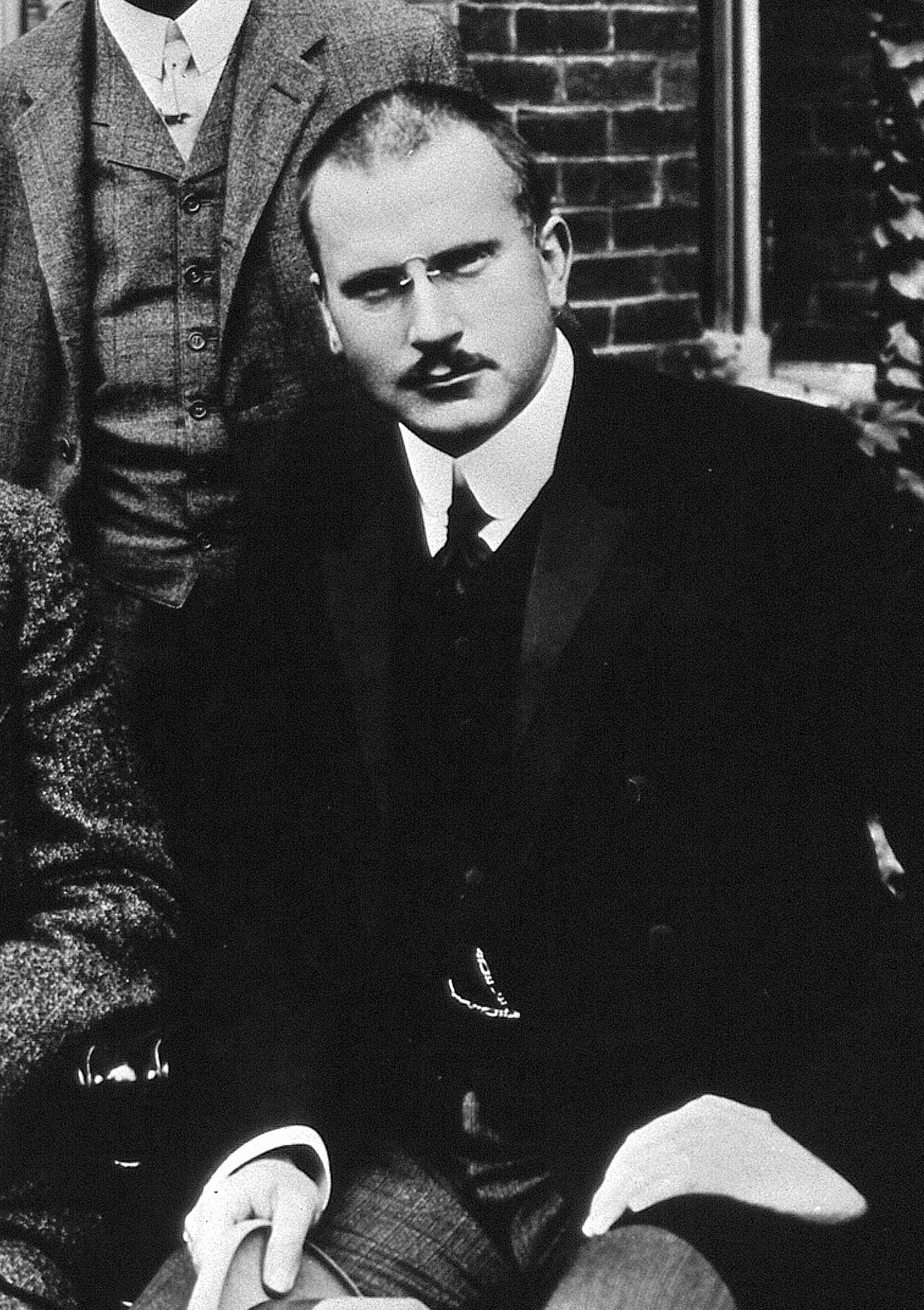
Carl Gustav Jung biografia do pai da Psicologia Analítica InfoEscola
Carl Gustav Jung (1875-1961) had a significant contribution to the psychoanalytical movement and is generally considered as the prototype of the dissident through the impact of his scission and the amplification of the movement he created in his turn. Jung was the son of a Swiss reverend. He completed his medical studies, specialized in.

Carl Gustav Jung vita, pensiero e opere Studenti.it
Psychological Types (German: Psychologische Typen) is a book by Carl Jung that was originally published in German by Rascher Verlag in 1921, and translated into English in 1923, becoming volume 6 of The Collected Works of C. G. Jung.. In the book, Jung proposes four main functions of consciousness: two perceiving or non-rational functions (Sensation and Intuition), and two judging or rational.

carl gustav jung
In this totalitarian materialistic environment, Carl Gustav Jung had the courage to propose that our mind is guided by a system of forms, the archetypes, which are powerful, even though they don't carry any mass or energy, and which are real, even though they are invisible.
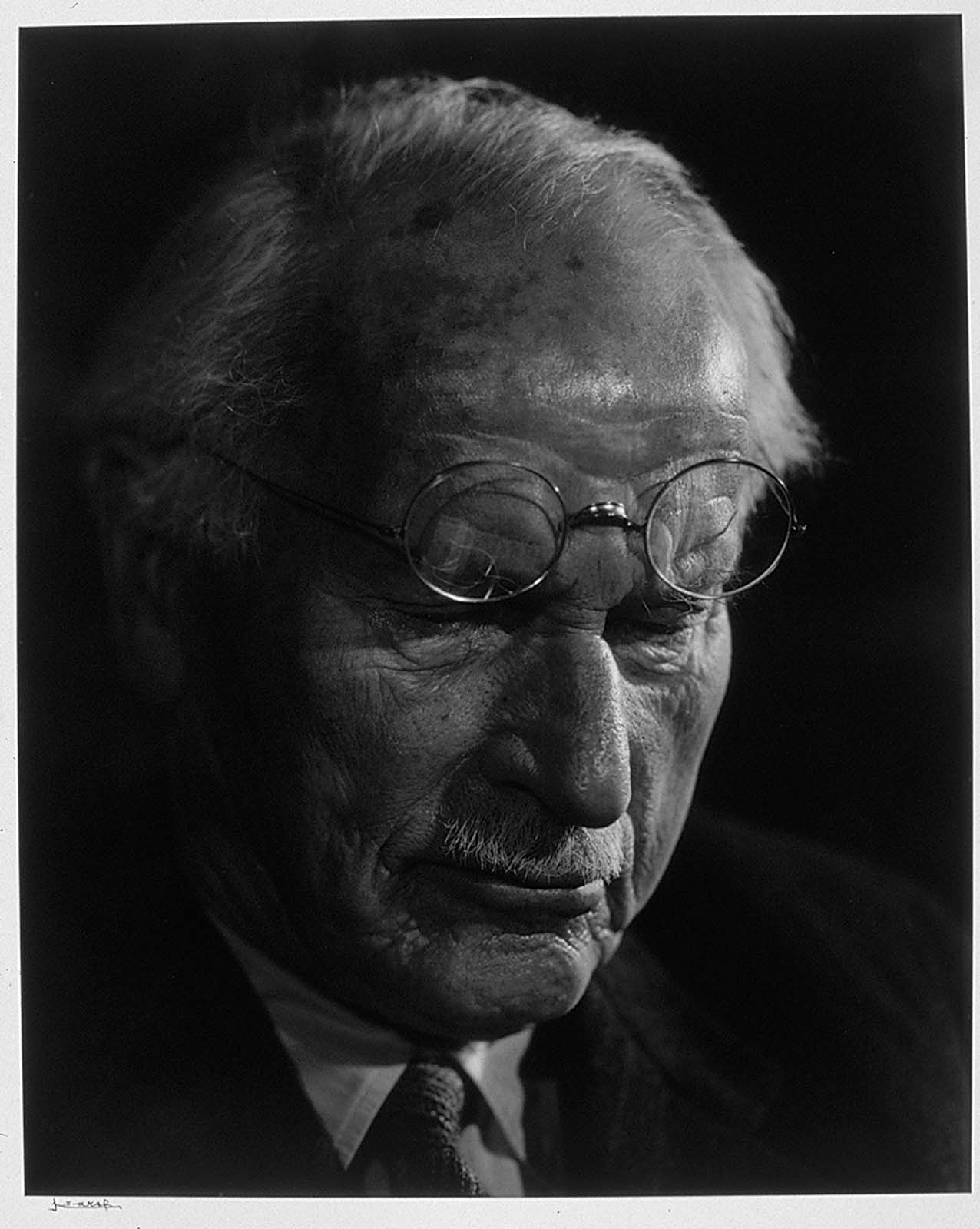
About Carl Gustav Jung Dialectic Spiritualism
Carl Gustav Jung (/jʊŋ/; German: [ˈkarl ˈɡʊstaf jʊŋ]), often referred to as C. G. Jung, was a Swiss psychiatrist and psychotherapist who founded analytical psychology. Jung proposed and developed the concepts of extraversion and introversion; archetypes, and the collective unconscious.
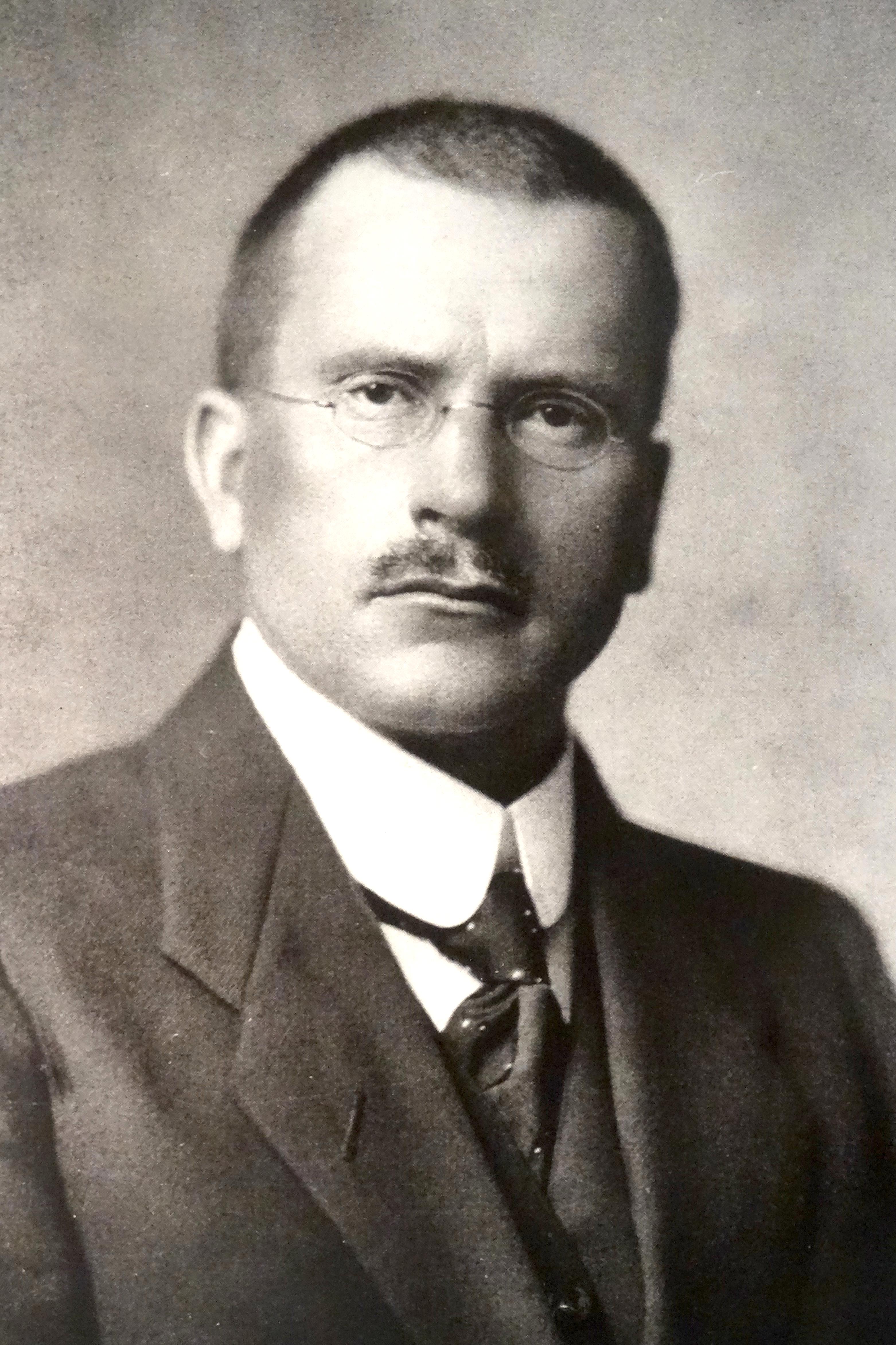
Carl Gustav Jung gebraucht kaufen
His paternal grandfather, Carl Gustav Jung, after whom he was named, was a physician who was rumoured to be the illegitimate son of Goethe, and rose to become Rector of Basal University and Grand.